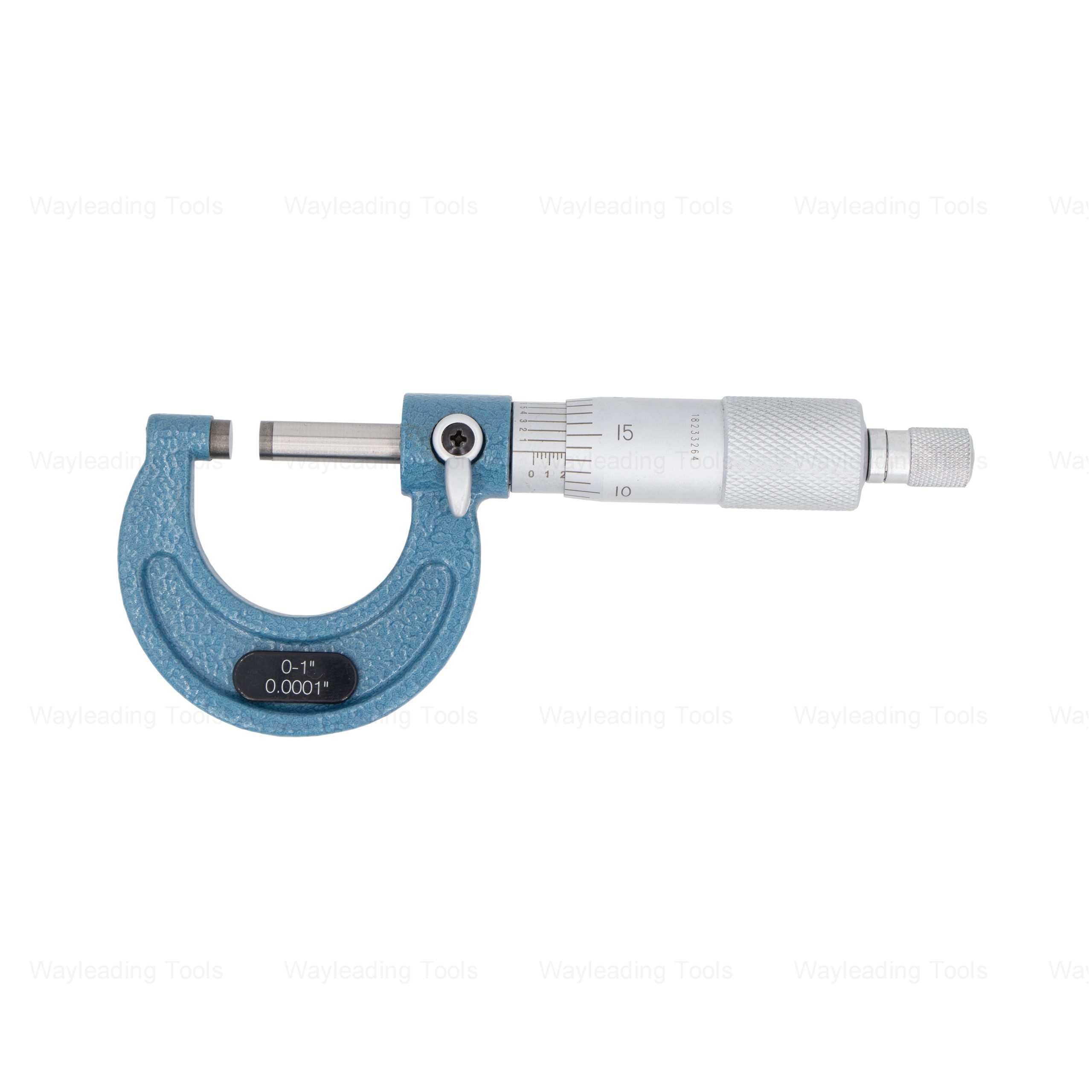5c step collets Suppliers
5C step collets are specialized workholding devices used in lathes and other machine tools. They provide a precise and efficient way to hold workpieces with varying diameters, particularly those with larger diameters or irregular shapes that standard collets cannot accommodate. This guide explores the benefits, applications, selection, and maintenance of 5C step collets.
Understanding 5C Step Collets
What are 5C Collets?
Before diving into 5C step collets, it's crucial to understand the base 5C collet system. A 5C collet is a standardized collet design widely used in lathes, grinders, and other machine tools. The '5C' designation refers to a specific collet size and taper angle. These collets are known for their accuracy, rigidity, and ease of use.
What Distinguishes a Step Collet?
A standard 5C collet is designed to grip workpieces within a limited diameter range. 5C step collets, on the other hand, feature a stepped internal bore. This stepped design allows them to hold workpieces with larger diameters than standard collets and also accommodate parts with shoulders or flanges. The step provides a dedicated surface for the workpiece to rest against, ensuring consistent positioning and clamping force.
Benefits of Using 5C Step Collets
- Increased Workholding Range: Handles larger diameter workpieces that standard collets cannot.
- Improved Accuracy: Provides precise and repeatable workpiece positioning.
- Versatility: Accommodates parts with varying diameters and features.
- Enhanced Rigidity: Offers a secure and stable clamping force.
- Time Savings: Simplifies setup and changeover compared to other workholding methods.
Applications of 5C Step Collets
Lathe Workholding
The primary application of 5C step collets is on lathes. They are ideal for turning, facing, and other machining operations on cylindrical or near-cylindrical workpieces. The step feature is especially useful for holding parts with shoulders or flanges, providing a secure and accurate reference point.
Grinding Operations
5C step collets are also employed in grinding machines, particularly for holding and grinding parts with specific diameters or profiles. The accuracy and rigidity of these collets ensure precise grinding results.
Custom Fixturing
In some cases, 5C step collets can be incorporated into custom fixturing solutions. The standardized 5C interface allows for easy integration with existing machine tool systems.
Choosing the Right 5C Step Collet
Diameter Range
The most important factor is the diameter range of the workpiece you need to hold. Select a 5C step collet with a step diameter that closely matches the workpiece diameter for optimal clamping force and accuracy.
Collet Material
5C step collets are typically made from hardened and ground tool steel. Ensure the collet material is compatible with the workpiece material to prevent damage or contamination.
Concentricity
Concentricity refers to the accuracy of the collet's bore relative to its outer diameter. Choose high-quality 5C step collets with tight concentricity tolerances for precise machining results. Look for collets with a TIR (Total Indicator Reading) of 0.0002' or better.
Step Height and Angle
Consider the step height and angle based on the workpiece feature. A step height that is too small might not offer sufficient support, while a step height that is too large may interfere with the machining operation.
Maintenance and Care of 5C Step Collets
Proper maintenance is crucial for extending the lifespan and maintaining the accuracy of your 5C step collets.
- Cleaning: Regularly clean the collet bore and exterior to remove chips, coolant, and other debris.
- Lubrication: Apply a thin film of light oil or grease to the collet taper and threads to prevent corrosion and ensure smooth operation.
- Storage: Store collets in a dry and clean environment to prevent rust and damage.
- Inspection: Periodically inspect collets for signs of wear, damage, or corrosion. Replace damaged collets immediately.
Finding Reliable 5C Step Collet Suppliers
Sourcing high-quality 5C step collets from reputable suppliers is essential for ensuring accurate and reliable machining operations. Look for suppliers that offer:
- Wide selection of sizes and types: A comprehensive catalog to meet diverse needs.
- High-quality materials and manufacturing: Collets made from durable tool steel with precision grinding.
- Competitive pricing: Fair and transparent pricing policies.
- Technical support: Knowledgeable staff to assist with product selection and application.
- Fast shipping and delivery: Reliable and efficient order fulfillment.
Wayleading Tools is a leading provider of precision tooling and workholding solutions, including a comprehensive range of 5C step collets. Visit www.wayleading.com to explore our selection and find the perfect 5C step collets for your machining needs.
Troubleshooting Common Issues
Collet Slippage
Collet slippage can occur if the collet is not properly tightened, if the workpiece diameter is too small for the collet, or if the collet is worn or damaged. Ensure the collet is tightened to the manufacturer's recommended torque specifications. Check the collet for wear and replace if necessary. Also, make sure the workpiece is clean and free of oil or grease.
Poor Concentricity
Poor concentricity can be caused by a bent or damaged collet, a dirty collet bore, or improper installation. Inspect the collet for damage and replace if necessary. Clean the collet bore and ensure the collet is properly seated in the collet closer.
Difficulty Installing or Removing Collets
Difficulty installing or removing collets can be caused by rust, corrosion, or debris. Clean the collet taper and threads and apply a thin film of lubricant. If the problem persists, the collet closer may need to be inspected and repaired.
Advanced Techniques and Considerations
Using Collet Blocks
Collet blocks are a versatile workholding solution that allows you to use 5C step collets on milling machines and other machine tools. These blocks provide a stable and accurate platform for holding cylindrical workpieces. They are available in various shapes and sizes to accommodate different applications.
Custom Step Collets
For highly specialized applications, custom 5C step collets can be manufactured to meet specific requirements. These collets can be designed with unique step diameters, profiles, or materials to accommodate complex workpiece geometries.
Collet Chucks vs. Standard Collets
While 5C step collets are typically used with collet closers, collet chucks offer an alternative workholding solution. Collet chucks provide a more robust and rigid clamping force, making them suitable for heavy-duty machining operations.
By understanding the benefits, applications, selection, and maintenance of 5C step collets, machinists can optimize their workholding capabilities and achieve precise and efficient machining results.
Disclaimer: Information provided in this article is for general guidance only. Always consult with a qualified professional for specific applications.
Related products
Related products
Best selling products
Best selling products-
 25PCS DIN338 HSS Twist Drill Bit Set From 1-13mm
25PCS DIN338 HSS Twist Drill Bit Set From 1-13mm -
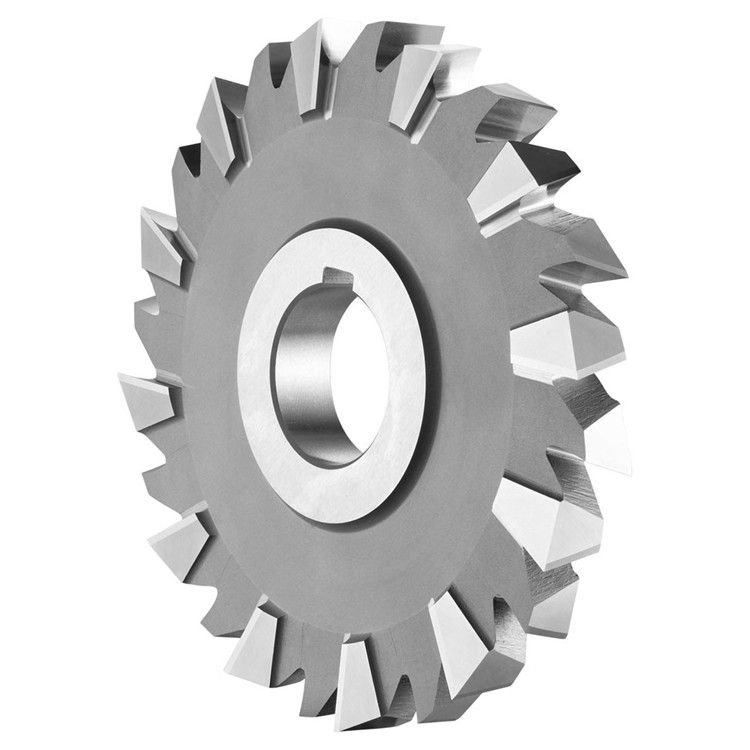 HSS Metric Side Milling Cutter With Bright Or TiN And TiAlN Coated
HSS Metric Side Milling Cutter With Bright Or TiN And TiAlN Coated -
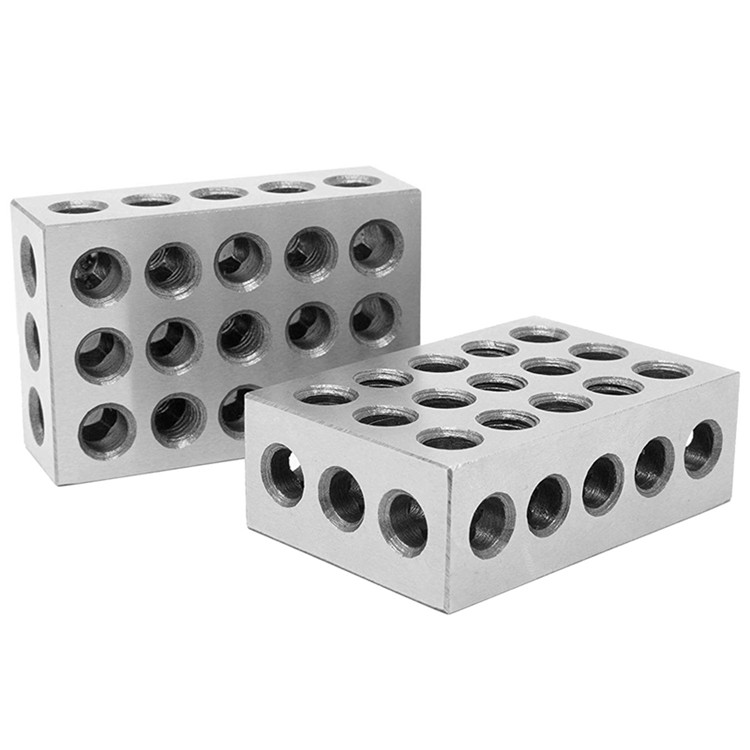 Precision 1-2-3, 2-3-4 or 2-4-6 Block With 1 And 11 And 23 Or None Hole
Precision 1-2-3, 2-3-4 or 2-4-6 Block With 1 And 11 And 23 Or None Hole -
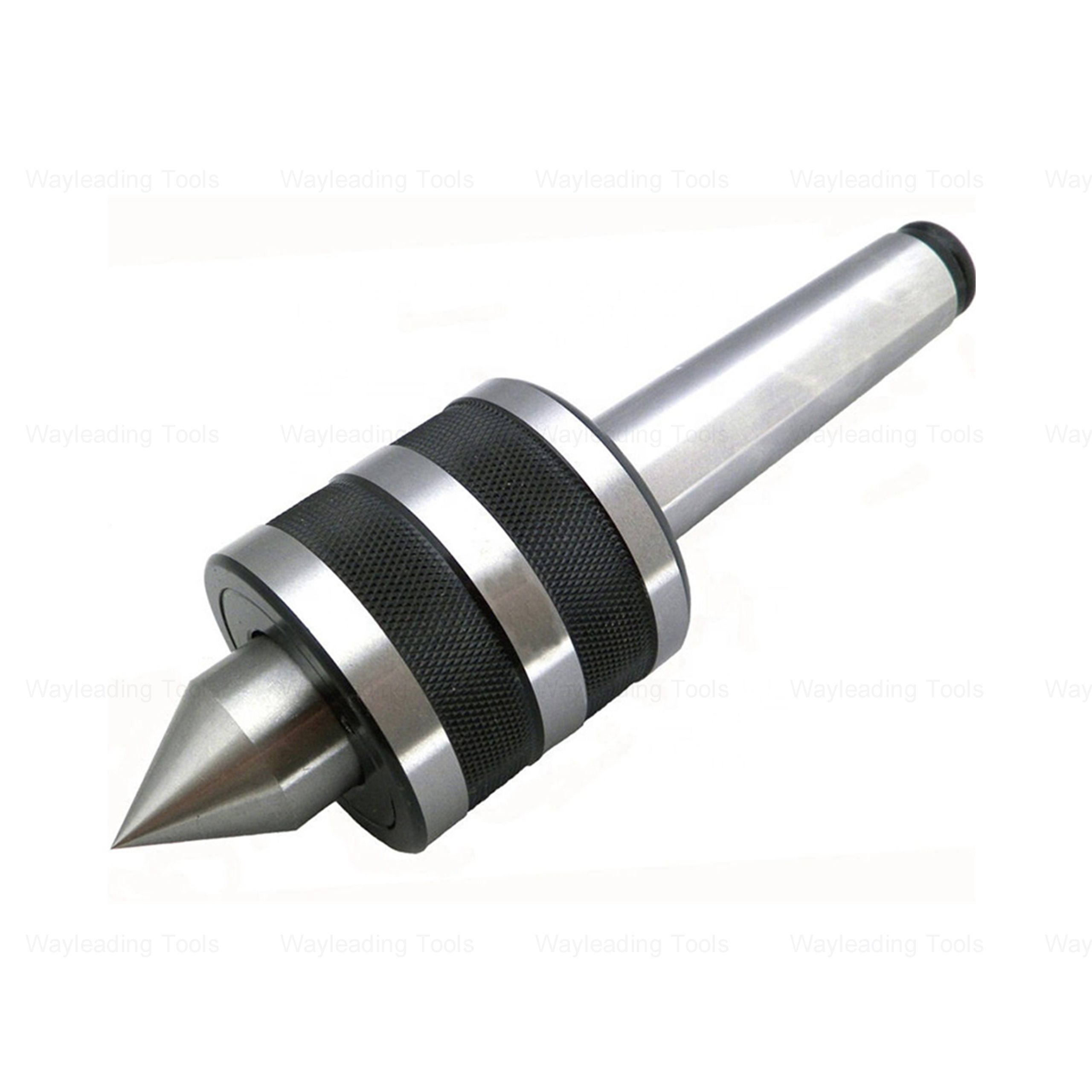 High Precision Medium-Duty Live Center – Hardened Tip, Morse Taper Shank
High Precision Medium-Duty Live Center – Hardened Tip, Morse Taper Shank -
 Dead Center For Morse Taper Shank
Dead Center For Morse Taper Shank -
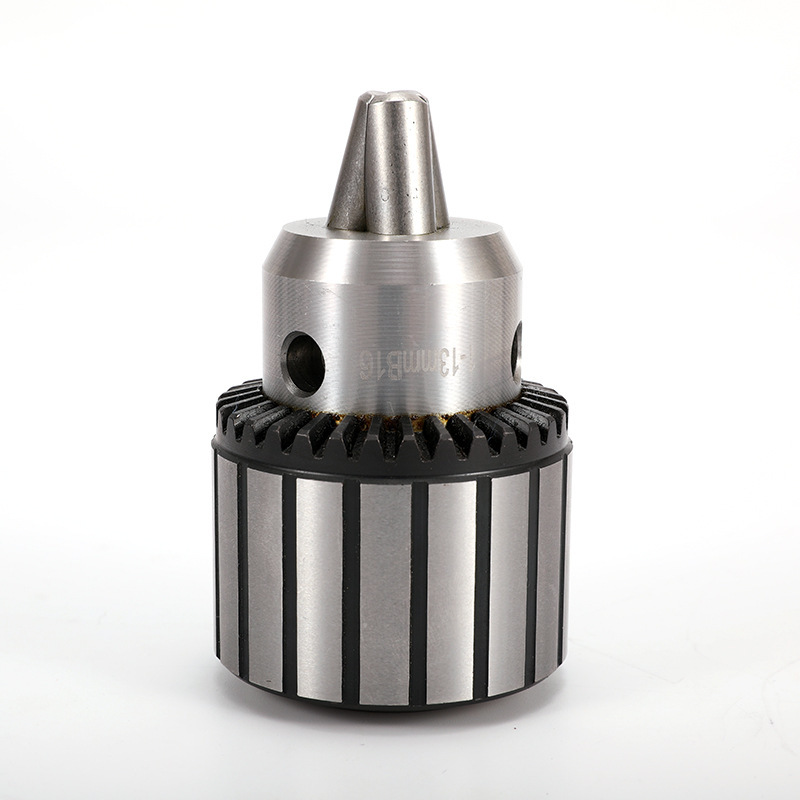 Key Type Drill Chuck With Heavy Duty Type
Key Type Drill Chuck With Heavy Duty Type -
 HSS Keyway Broach With Metric And Inch Size, Push Type
HSS Keyway Broach With Metric And Inch Size, Push Type -
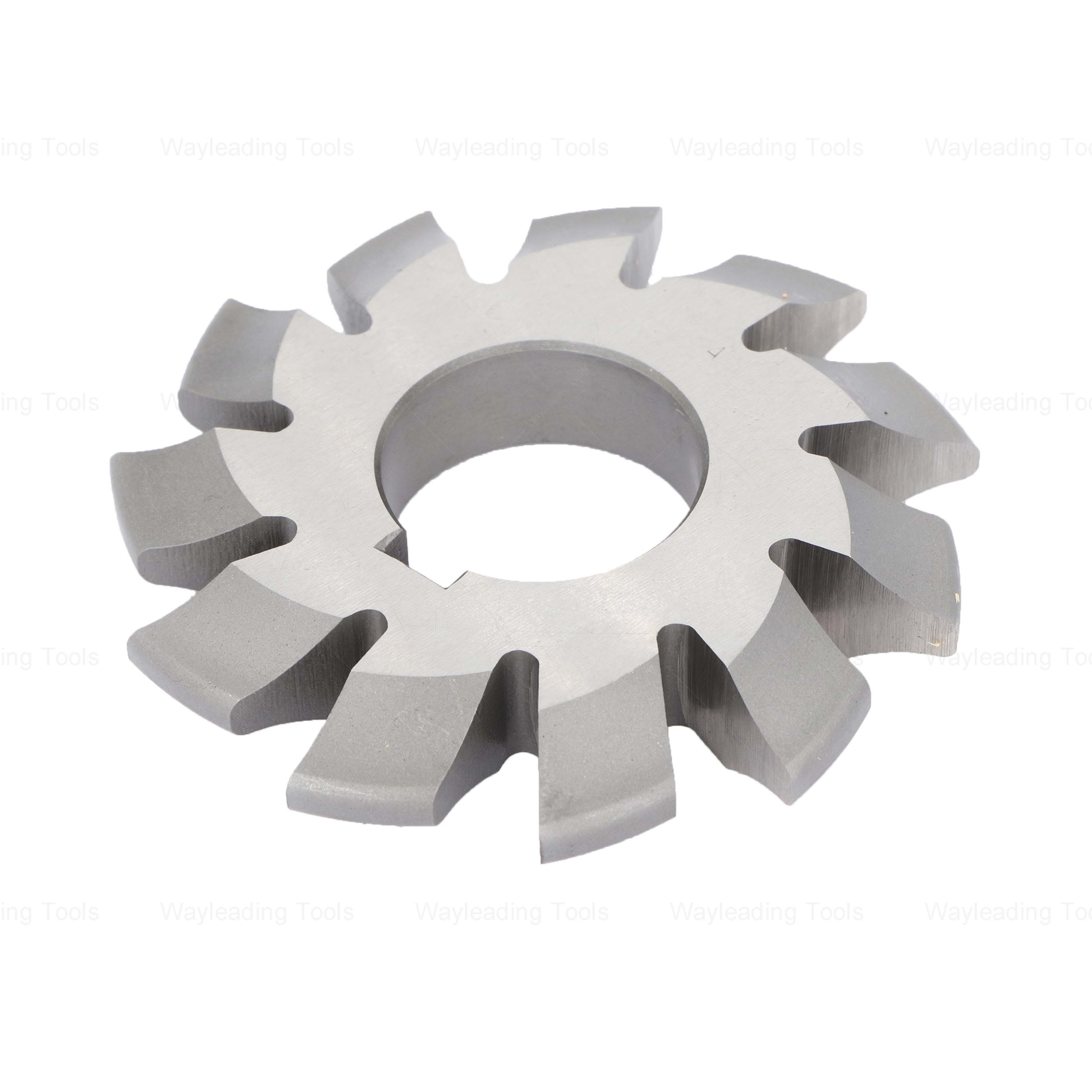 HSS Involute Gear Cutters – Module Type, PA 20° / 14.5°
HSS Involute Gear Cutters – Module Type, PA 20° / 14.5° -
 Precision Vernier Caliper Of Metric & Imperial For Industrial
Precision Vernier Caliper Of Metric & Imperial For Industrial -
 Precision Micrometr Holder For Micrometer
Precision Micrometr Holder For Micrometer -
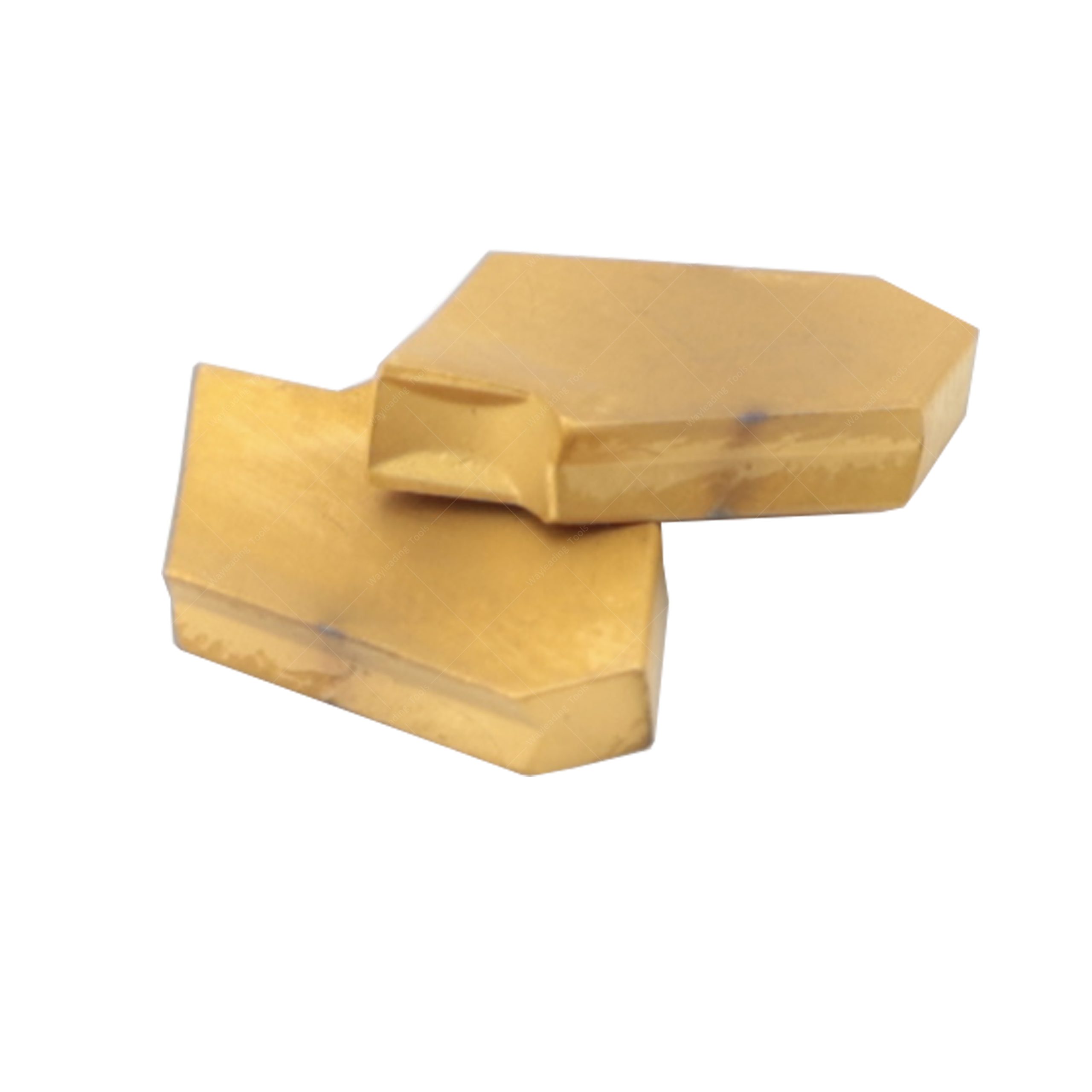 GTN Parting & Grooving Insert For NCIH Blade
GTN Parting & Grooving Insert For NCIH Blade -
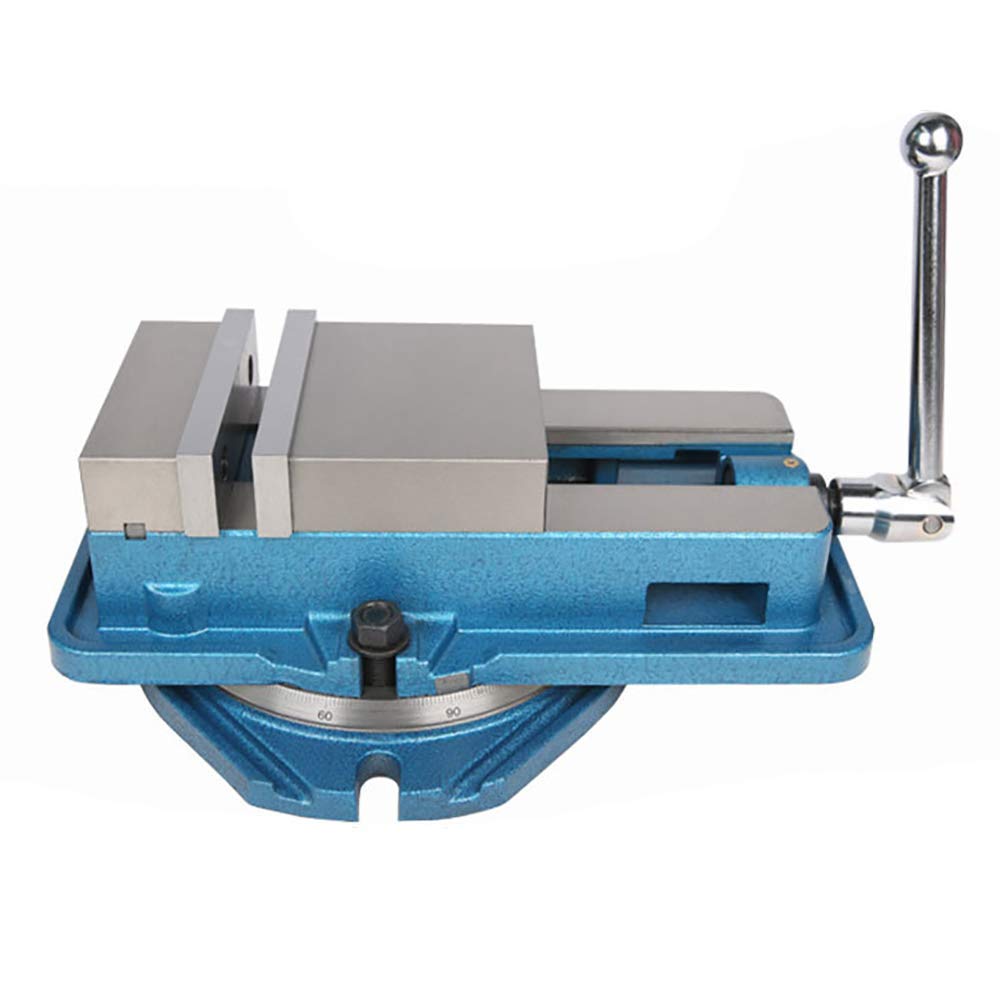 QM ACCU-Lock Precision Machine Vises With Swivel Base
QM ACCU-Lock Precision Machine Vises With Swivel Base








